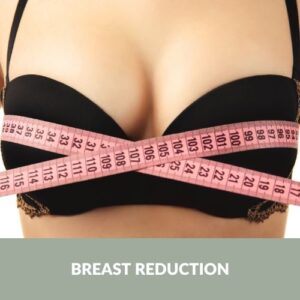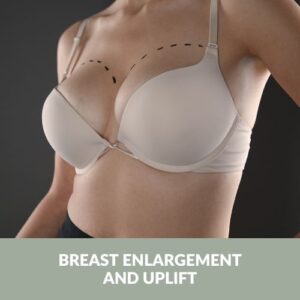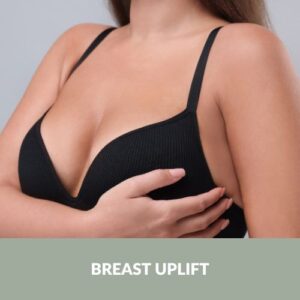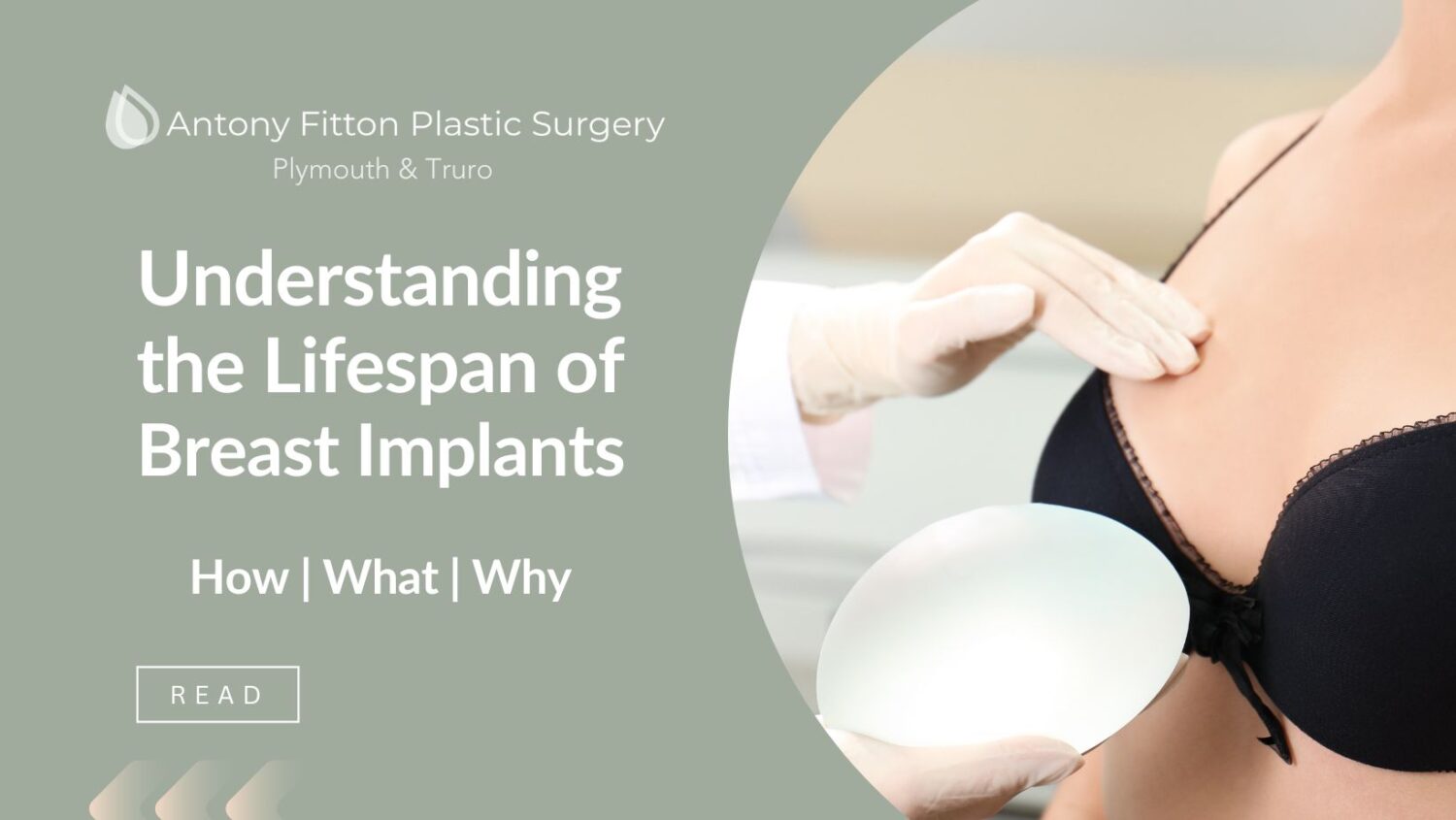
Understanding the Lifespan of Breast Implants: Expert Insights from Antony Fitton
Breast implants are a popular choice for those seeking to enhance their appearance through breast enlargement. However, many individuals may wonder, “How long do breast implants last?”
Understanding the lifespan of breast implants is crucial for making informed decisions. On average, breast implants can last between 10 to 20 years. Yet, several factors can influence their longevity, including the type of implant, the individual’s lifestyle, and the body’s response.
We cover these factors and offer insights into ensuring the best outcomes for your breast implants.
Factors Influencing the Longevity of Breast Implants
When considering breast enlargement, it often becomes crucial to understand how various factors affect the lifespan of breast implants. A multitude of aspects can play a role in determining how long your implants will last, including the type of implants used, the expertise of the surgeon, and the care taken post-surgery.
Types of Breast Implants
The type of breast implant chosen is a significant factor affecting their longevity. The two primary categories are silicone and saline implants, each offering distinct properties:
– Silicone Implants: Often favoured for their natural feel, silicone implants generally possess a thicker shell and a silicone gel interior. While these implants are robust, they can sometimes rupture silently, meaning they could go unnoticed for a period unless evaluated with imaging technologies like MRI.
– Saline Implants: Filled with sterile saline solution, these implants are known for safety, as any rupture would result in immediate deflation and absorption of the saline by the body. Despite their perceived safety, they might feel less natural compared to silicone options.
Different manufacturers may also provide implants with unique features, such as textured shells or varied shapes, impacting both the aesthetic outcome and durability.
Surgical Techniques and Expertise
The skill level and experience of your chosen surgeon can significantly influence the longevity of breast implants. A seasoned surgeon with ample expertise in breast enlargement procedures is likely to ensure proper implant placement, minimising complications that contribute to reduced implant lifespan.
Moreover, the surgical technique adopted, whether it involves sub-glandular or submuscular placement, can affect how well the implants endure the rigours of time. Precise dissection and minimal trauma during the procedure can play crucial roles in preventing implant displacement, rippling, or premature wear.
Post-operative Care and Lifestyle
The care taken following surgery can greatly affect the durability of breast implants. Post-operative guidelines often constitute a laundry list of dos and don’ts:
– Follow-up Appointments: Regular consultations with your surgeon ensure any potential issues are identified early.
– Limiting Physical Stress: Avoiding intense physical activities, especially those placing strain on the chest, can avert unintended wear or displacement of implants.
Lifestyle choices, such as avoiding smoking and maintaining a stable weight, are also critical. Excessive weight fluctuations may stretch the skin, potentially impacting the position and integrity of the implants.
Typical Lifespan of Breast Implants
Understanding the typical lifespan of breast implants is essential for setting realistic expectations. While breast implants are not lifetime devices, their longevity can often exceed a decade, depending on several influencing factors.
Manufacturer Recommendations
Breast implant manufacturers usually provide guidelines regarding anticipated implant lifespan. Most suggest that implants are generally expected to last between 10 to 15 years, although some may last longer. Manufacturers also recommend regular follow-up consultations and imaging tests to monitor the condition of the implants.
Average Lifespan Based on Data
Research and statistics indicate that implants typically have a lifespan ranging between 10 to 20 years. However, approximately 20% of women have their implants removed or replaced within 10 years due to a variety of reasons, including complications, personal choice, or aesthetic changes.
Recommendations from Antony Fitton
Antony Fitton, a prominent voice in breast enhancement, advises that individuals considering breast implants should plan for potential replacements every 10 to 20 years. He emphasises that while implants may remain intact longer, ongoing evaluation is crucial for ensuring breast health and implant integrity. Regular imaging and consultations help in detecting silent ruptures or other unwanted changes early, thus enabling timely intervention.
The longevity of breast implants is influenced by a combination of factors. Making informed choices and maintaining diligent care contribute significantly to ensuring that your breast implants remain safe and satisfactory for as long as possible.

How do I Know When Breast Implants Need Removing or Replacing?
When considering breast implants, it’s vital to understand that they are not lifetime devices. Ongoing observation is crucial to ensure their continued safety and appearance. Being aware of the signs and recommendations for removal or replacement can help you make informed decisions about their care and maintenance.
Recommendations from Antony Fitton
Antony Fitton, renowned in the field of plastic surgery, offers insightful guidance on when it’s time to reconsider your breast implants:
– Regular Check-Ups: He strongly advises women who have breast implants to schedule routine check-ups with their surgeon every few years. These visits help monitor the condition of the implants and surrounding tissue.
– Signs of Rupture or Leakage: Keep an eye out for symptoms such as pain, swelling, or changes in breast shape which might indicate a rupture. Immediate consultation with a healthcare professional is recommended if you notice such signs.
– Capsular Contracture: This occurs when scar tissue around the implant starts to harden, causing discomfort or an unnatural appearance. Prompt medical attention can prevent further complications.
– Aesthetic Considerations: Over time, ageing, weight changes, or hormonal shifts may affect the way breast implants appear. If the cosmetic appearance is compromised, you might consider replacing or removing the implants to maintain the intended results.
Is it better to remove or replace breast implants?
Deciding whether to remove or replace breast implants is a personal decision that requires careful thought. Here are some key considerations to guide you through this choice:
– Health Implications: If implants are causing health issues, removal could be the best option to alleviate symptoms and prevent further complications.
– Cosmetic Goals: Those satisfied with the appearance and feel of their implants might prefer replacement rather than removal. Replacing them can restore the original aesthetic result when implants age or become damaged.
– Financial and Recovery Factors: Consider the costs and recovery times associated with either procedure. Replacement might involve more substantial surgery and downtime, whereas removal could offer a simpler recovery process.
Making an informed choice requires balancing personal health, aesthetic desires, and lifestyle needs.
What happens if I never replace my breast implants?
Neglecting to address ageing or problematic implants can lead to significant issues. Here’s what might occur if breast implants are never replaced:
– Health Risks: Implants that outlive their intended lifespan can rupture or leak, leading to potential health issues. Silicone implants may cause inflammation and discomfort through silicone migration into nearby tissues.
– Physical Discomfort: As implants age, they become more susceptible to wear and tear. This degradation can result in physical discomfort or pain due to shifts in position or integrity.
– Cosmetic Changes: Unreplaced implants might lead to visible changes, such as sagging, wrinkling, or asymmetry, as the breasts naturally age around them.
It’s imperative to stay proactive with regular check-ups and replace implants as advised by Mr Fitton to maintain both health and desired appearance.
Breast implants can enhance appearance and confidence, yet it’s important to approach this decision with a comprehensive understanding. Here are some frequently asked questions:
Most breast implants are designed to last between 10 to 20 years. However, this can vary based on individual circumstances and implant type.
Potential risks include rupture, capsular contracture, and infection. Regular monitoring and prompt medical attention can help mitigate these risks.
Silent implant ruptures may occur without immediate symptoms, especially in the case of silicone implants. MRI scans are the most effective diagnostic tool for detection.
Many women with implants can breastfeed without issue. However, it is vital to discuss with Mr Fitton as the placement and type of implant can impact breastfeeding.
While breast implants themselves don’t require regular ‘maintenance’, it’s crucial to monitor them through routine medical check-ups to ensure their health and integrity.
Adhering to a routine of vigilance and care can ensure that your breast implant experience remains both safe and satisfactory, leaving little room for unexpected surprises.
Next Steps
Determining the lifespan of your breast implants is a vital component of the decision-making process for breast enlargement. If you are contemplating implants, be sure to:
– Consult an experienced surgeon (such as Antony Fitton) who is transparent about the potential need for replacement.
– Regularly attend follow-up appointments to monitor implant condition.
– Stay informed about advancements in implant technology which could impact longevity.
Remember, proactive management and vigilance can significantly influence the time your implants remain in optimal condition.
Plastic surgery can be a life-changing decision, offering both cosmetic and functional benefits.
However, it is crucial to have accurate information and realistic expectations. Consulting with a certified and experienced plastic surgeon is the best course of action to ensure you receive personalised advice and clear answers to any queries.
– Educate Yourself: Research procedures thoroughly.
– Prepare for Recovery: Understand the time and effort needed for healing.
– Prioritise Your Safety: Choose reputable clinics and experienced professionals.
Ultimately, informed decision-making plays a vital role in achieving satisfactory results in any cosmetic procedure.
For a no-obligation quote
For a no-obligation quote, tailored specifically to you, please book in for your consultation with Mr Fitton. Your requirements will be discussed in full confidence in a friendly and relaxed atmosphere.
Following your consultation, the price you are quoted includes everything and there are no extra or hidden costs. Advice, treatment and aftercare are all part of our package to ensure your experience is positive from beginning to end.
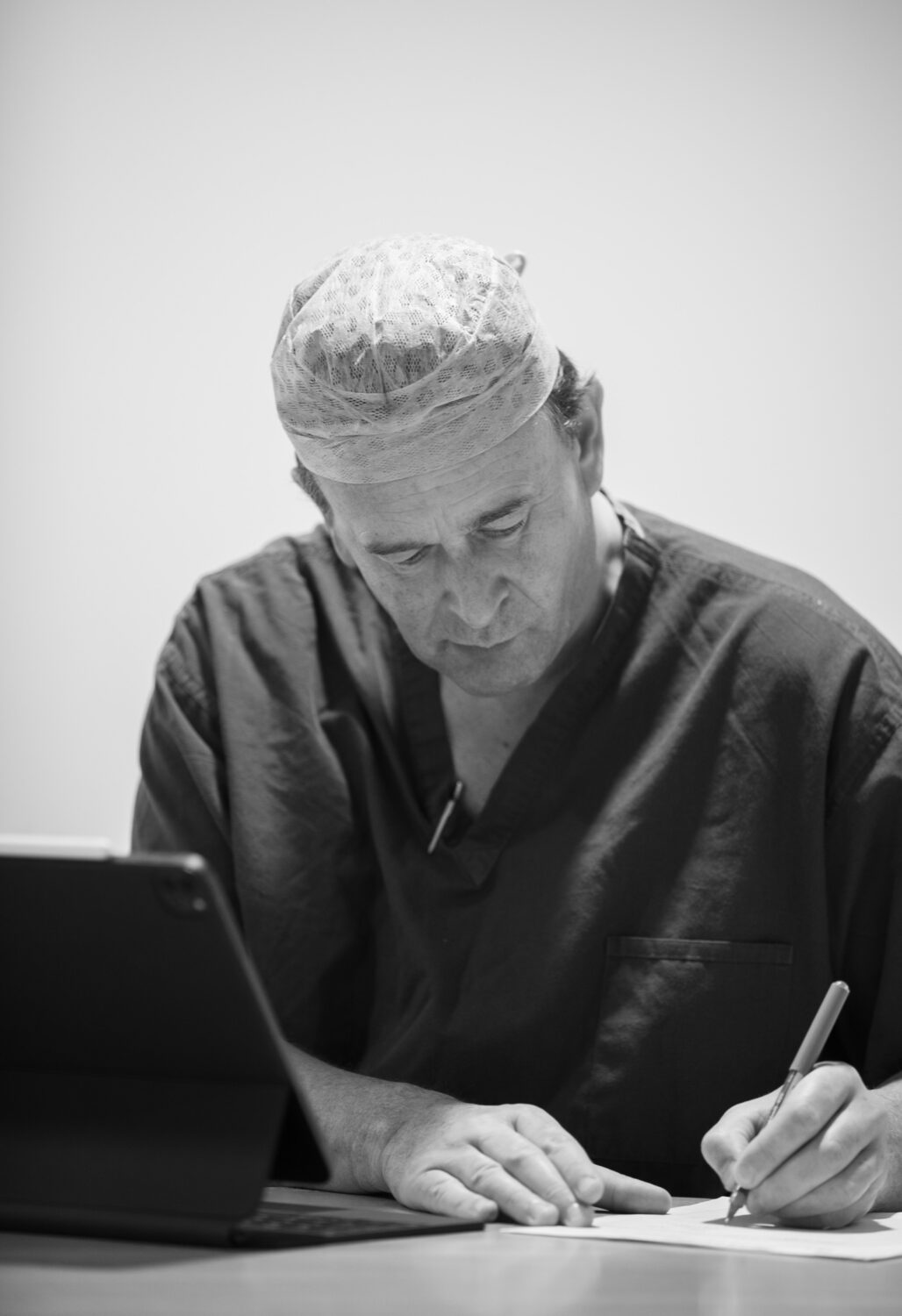
About your Plastic Surgeon: Mr Antony Fitton
MB, BS(hons)., MD., FRCS(eng)., FRCS(plast).
Mr Antony Fitton qualified at the Royal London Hospital in 1989 with distinction in Surgery. He holds an MB, BS(Hons)., MD., FRCS(eng). and FRCS(plast). (Fellowship at the Royal College of Surgeons).
He is a member of BAPRAS (British Association for Plastic, Reconstructive and Aesthetic Surgeons), BAAPS (British Association for Aesthetic Plastic Surgeons), and BSSH (British Society for Surgery of the Hand).
Mr Fitton has received the Paton & Masser Award and the CM Matthews Award from the Royal College of Surgeons of England for his research in nerve injury.
Mr Fitton is licensed as a Plastic and Reconstructive Surgeon by the GMC.

- 0% Finance Available
- Consultations and treatments are available at either the Nuffield Health Hospital, Plymouth or the Duchy Hospital, Truro
- Care Quality Commission Regulated
- GMC Specialist Registered Surgeon
- BAPRAS, BAAPS and BSSH member
- Registered MD
Life-changing result
"I just wanted to thank you (and your team) for the life-changing result of my top surgery. This will provide me with the freedom that I’m excited to enjoy, including being able to go swimming and actually staying cool in summer! All jokes aside, you have helped to mark a new chapter in my life, for which I am incredibly grateful… ALL the best."
Our appearance has an impact on how others perceive us. We are experts in creating an improved version of you. You can click on the procedure below for more information.
Body surgery (or contouring) can involve all or one of the following, with a prime focus on areas such as the buttocks, tummy, thighs, arms, and breasts. Click on the links below for more information.
There are several different types of hand surgery but all aim to restore functionality while making the hand look as normal as possible. Click on the links below for more information.

Should I Lose Weight Before a Tummy Tuck?
Discover if you should I lose weight before a tummy tuck and if it can enhance your surgery results
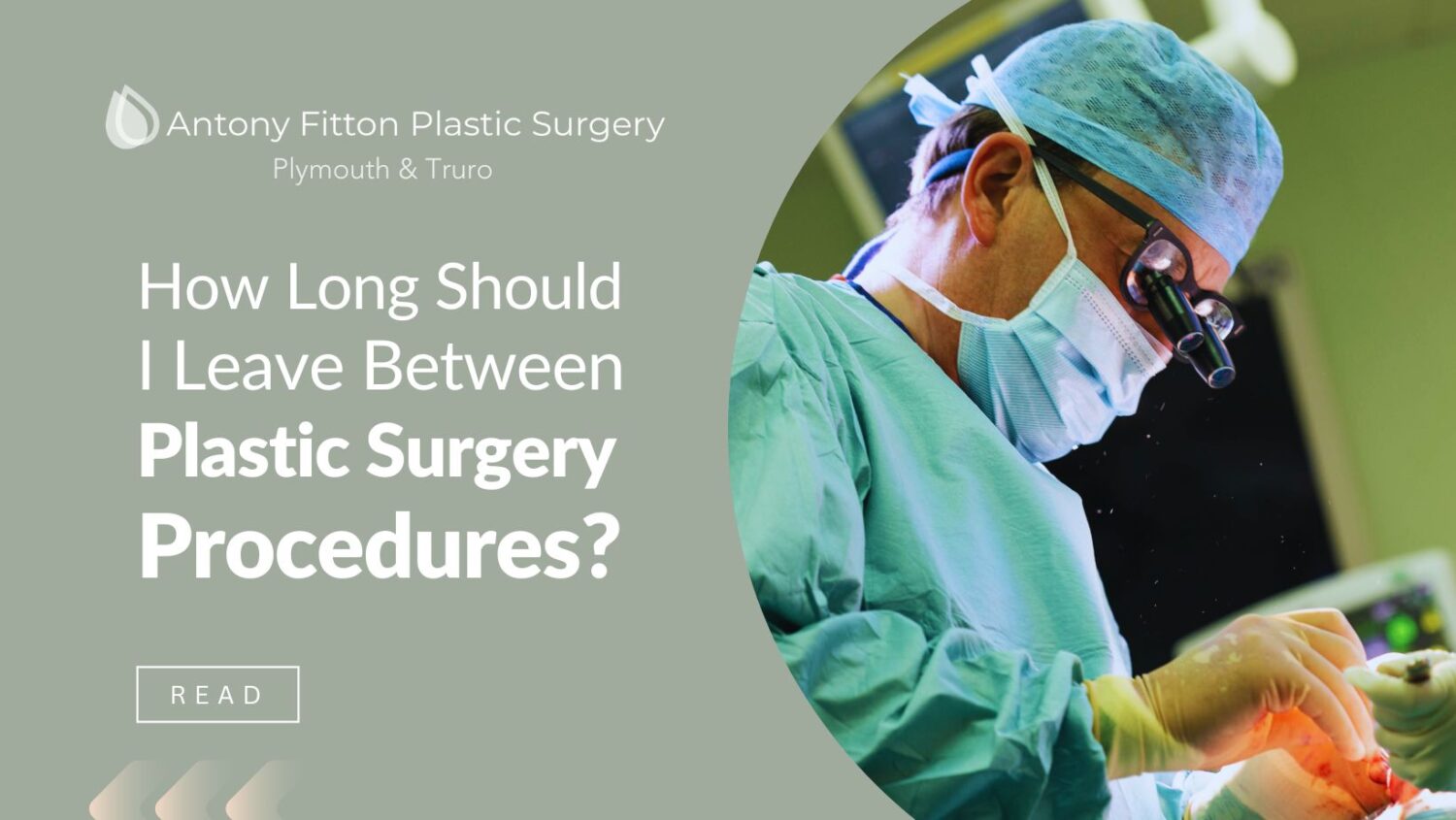
How Long Should I Leave Between Plastic Surgery Procedures?
Discover how long you should leave between plastic surgery procedures for optimal recovery and effec
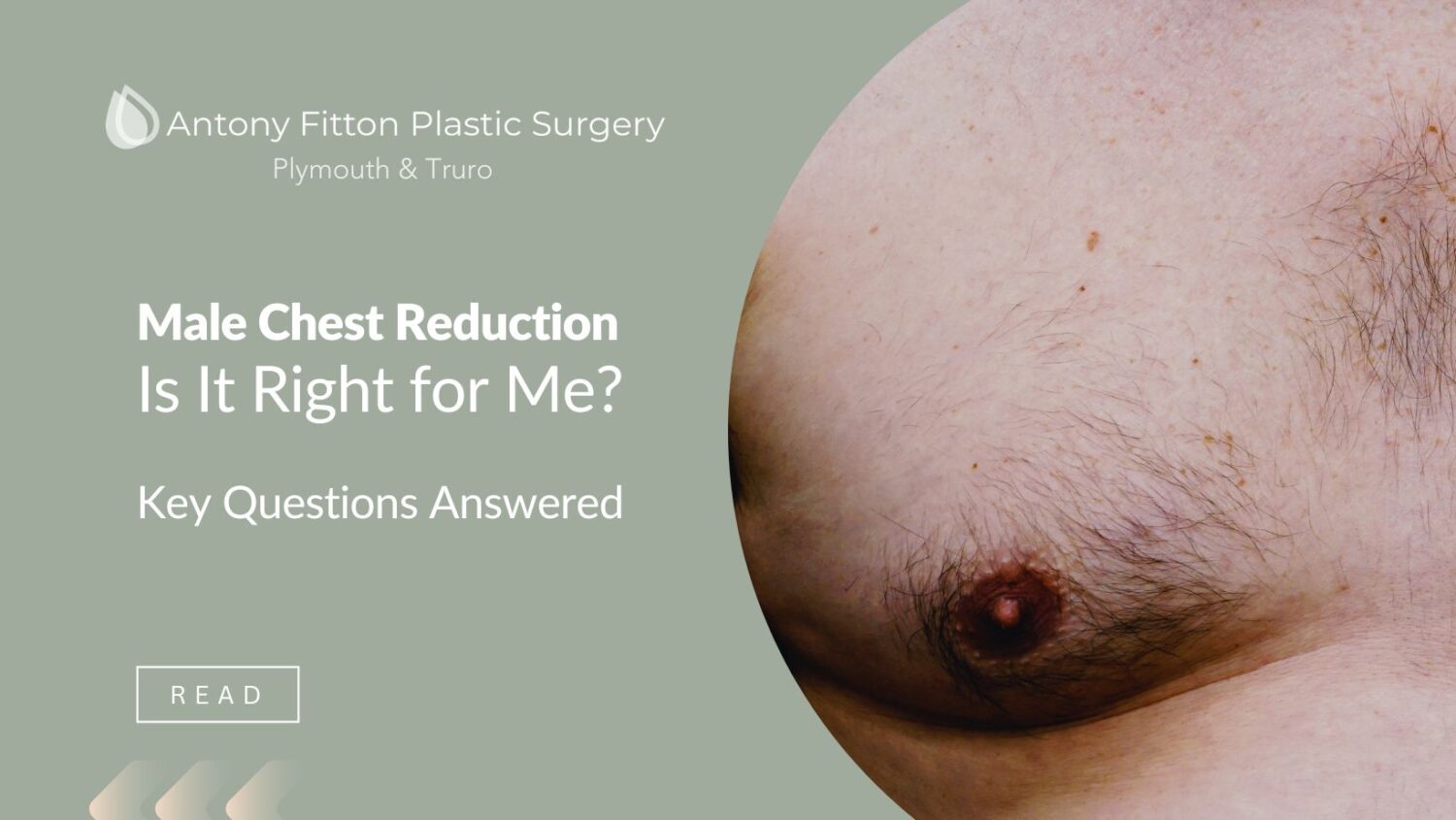
Is Male Chest Reduction Right for Me? Key Questions Answered
Is Male Chest Reduction Right for You? This blog answers crucial questions on gynecomastia surgery s






